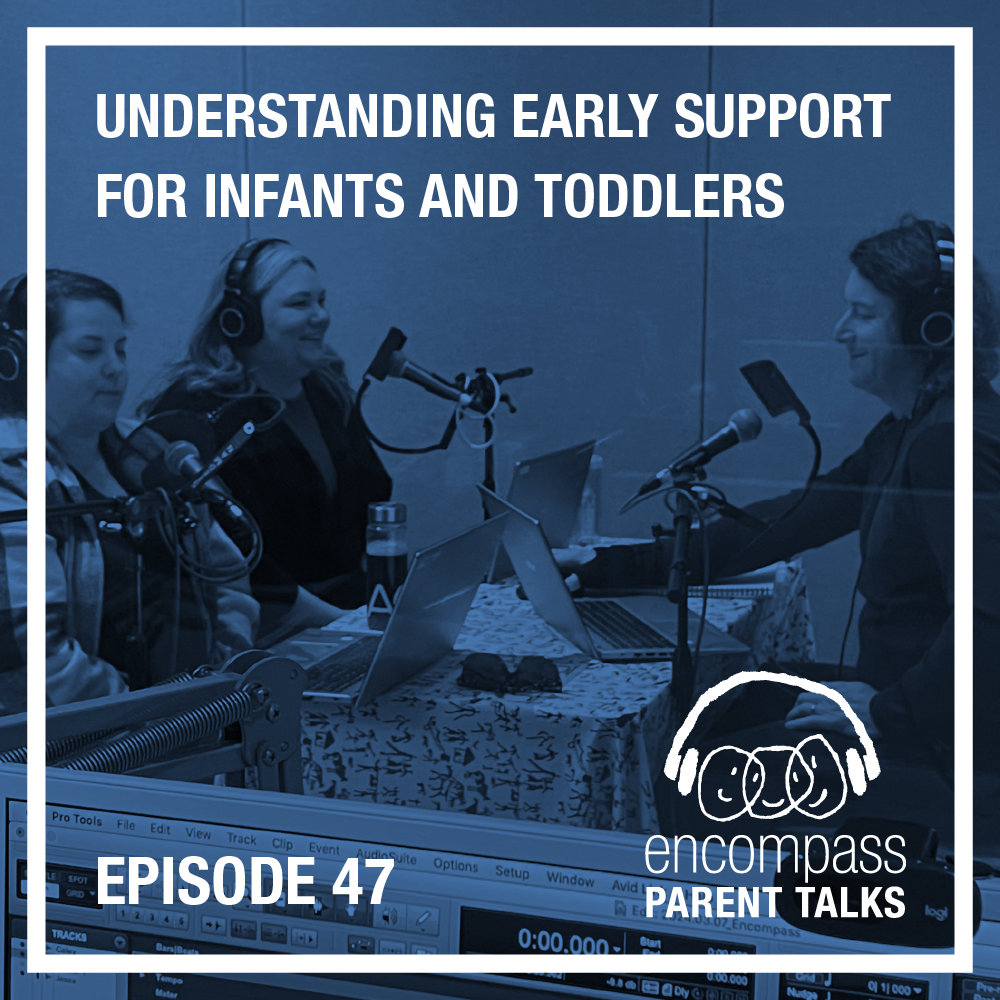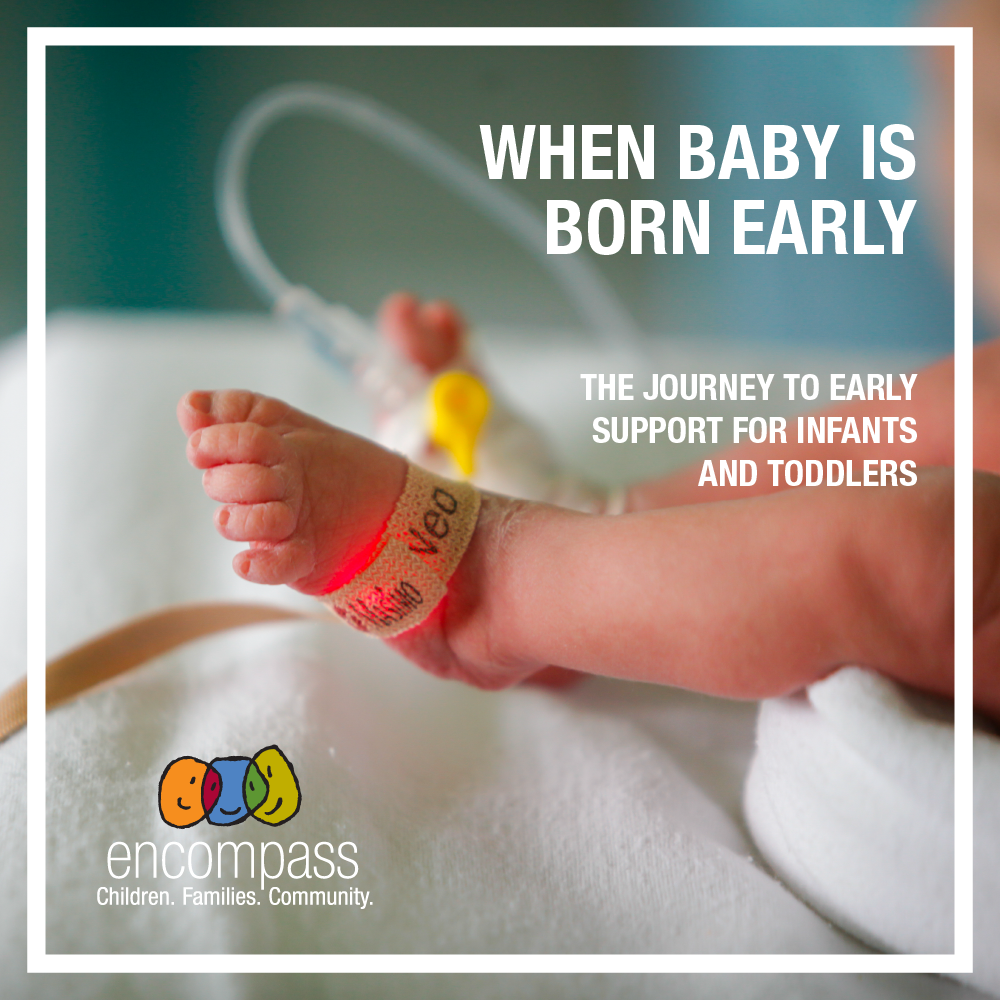Having a successful relationship with your partner isn’t rocket science – or is it?
By Kerry Beymer
T his is February and one of my favorite holidays is coming up. It’s when we celebrate LOVE!
his is February and one of my favorite holidays is coming up. It’s when we celebrate LOVE!
So why is the parenting support and education manager writing about love and relationships this month? It is because I am reminded of one of my favorite quotes from Dr. John Gottman: “The greatest gift you can give your child is a strong relationship between the two of you.”
Gottman is one of the world’s leading research scientists on marriage, relationships and family. His claim to fame is that he can predict with 90 percent accuracy if a couple will divorce. Through his years of research and studying the ways that spouses interact with each other, he isolated four behaviors that can predict a troubled relationship. It truly is science! He calls them the “The Four Deadly Horseman of Marital Apocalypse”:
1. Criticism
There is an important distinction between criticism and complaining. Criticism focuses on the person. Complaining focuses on the behavior. This may seem like a subtle nuance, but research shows it is a distinction that makes a significant difference in the long term. Criticism is using the word “you,” such as “You are so lazy” and “You never pay attention to my needs.” The antidote is to remember to voice a complaint, but don’t blame.
2. Contempt
Contempt expresses the complete absence of admiration and is delivered with insults, name-calling, hostile humor, mockery and body language. Contempt is the all-famous eye roll and heavy sigh. The antidote is building a culture of appreciation.
3. Defensiveness
A person’s natural reaction to being criticized or treated contemptuously is defensiveness. It’s also a way of sidestepping responsibility. If we are ignoring complaints and failing to contribute creative solutions, those complaints are likely to become criticisms that we naturally want to defend against. This is when we say to ourselves, “It’s not me. He’s the one with the problem!” The antidote is to take responsibility.
4. Stonewalling
This is withdrawing from the relationship as a way to avoid conflict. Partners may think they are trying to be “neutral,” but stonewalling conveys disapproval, icy distance, separation and disconnection. The antidote is to rewrite your inner script. Replace thoughts of righteous indignation or innocent victimization with soothing and validating thoughts of appreciation and responsibility.
Keep in mind that if these behaviors are part of your relationship, your relationship is not automatically doomed. The key is to be aware of these four signals and change your behavior.
In this month that we celebrate love, let’s go beyond flowers or a gift for your sweet heart. Give the gift of a strong relationship. Your children will thank you.
For more information on the Gottman Institute and its couples research, check out https://www.gottman.com.
Kerry Beymer (pronounced BEE-murr) graduated from Washington State
University and has been a parenting educator for more than 15 years. She is
Parenting Support and Education manager at Encompass. Kerry has two children,
one in college and one in middle school. She recently was certified as a
“Parenting Counts Educator” by the Talaris Institute of Seattle. Kerry uses
humor and storytelling in her classes in a non- judgmental setting. “Parenting,”
she says, “is the most challenging and most important job there is.”















Leave a Reply